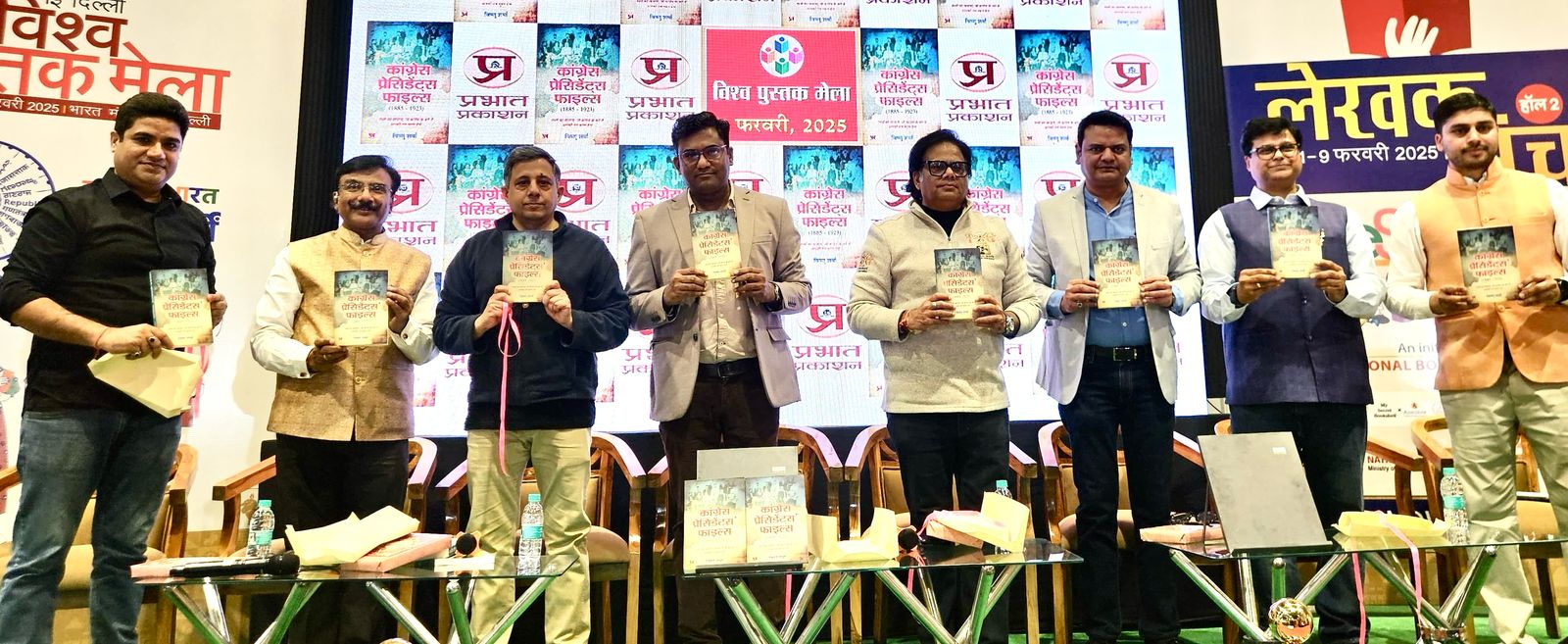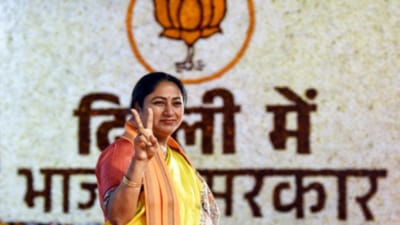Have You Taken Up the Navratri Fast? Here’s What 9 Days of Fasting Does to Your Body

National Desk: Navratri is a festival where devotees worship the nine forms of Goddess Durga, and fasting plays a significant role in the celebrations. Millions of people observe fasts for nine days, consuming only falahar (permissible foods during fasting) such as milk, yogurt, fruits, dry fruits, sabudana (tapioca), potatoes, and water chestnut flour. Delicious and nutritious dishes are prepared using these ingredients. Fasting during Navratri is believed to cleanse the body and mind, and it may even aid in weight loss. However, health experts caution that taking proper care during this period is extremely important. Let’s explore what nine days of fasting does to the body and how to follow it in a healthy way.
What Happens to the Body During Fasting?
According to Dr. Sanchayan Roy, Senior Consultant of Internal Medicine at Apollo Spectra Hospital, Delhi, the body undergoes several changes during prolonged fasting. In the initial days, reduced intake of water and electrolytes can cause fatigue, dizziness, or headaches. With lower food consumption, blood sugar levels may drop, leading to weakness.
Dr. Roy explains: “The body first uses glucose for energy. Once that depletes, it begins burning stored fat, producing ketones. This can make you feel lighter and may help in weight loss. But to avoid nutritional deficiencies, it’s important to consume fruits and nutrient-rich foods.”
He warns that eating heavy meals immediately after fasting may lead to bloating, constipation, or stomach pain. Hence, it is advisable to break the fast with light meals. Pregnant women, people with diabetes, hypertension, or chronic health issues should not attempt prolonged fasting without medical advice. If symptoms such as dizziness, chills, extreme weakness, vomiting, or fainting occur, medical help should be sought immediately.
Expert Tips for a Healthy Navratri Fast
- Choose Nutritious Falahar: Include fruits, yogurt, sabudana, water chestnut flour, and dry fruits for energy and nutrition.
- Avoid Long Gaps Without Food: Eat small portions at regular intervals to prevent weakness.
- Stay Hydrated: Drink water, coconut water, and fresh juices to maintain hydration.
- Limit Fried and Spicy Foods: Opt for baked or lightly cooked meals instead of deep-fried options.
- Reduce Physical Exertion: Avoid strenuous activities that may cause fatigue or dizziness.
- Try Healthy Recipes: Dishes like sabudana khichdi, fruit salads, and buckwheat flour rotis are good fasting options.
Expert Opinion
Dr. Roy emphasizes that a balanced diet and adequate hydration are key during Navratri fasting. When observed correctly, fasting can help detoxify the body and aid in weight management. However, imbalanced diets or long periods without food can have negative effects on health. Special caution is advised for pregnant women and people with chronic conditions, who should consult a doctor before fasting.
Navratri is not only a time for spiritual devotion but also an opportunity to promote better health when fasting is practiced wisely. By following expert advice, you can celebrate the festival in a safe and healthy way.










